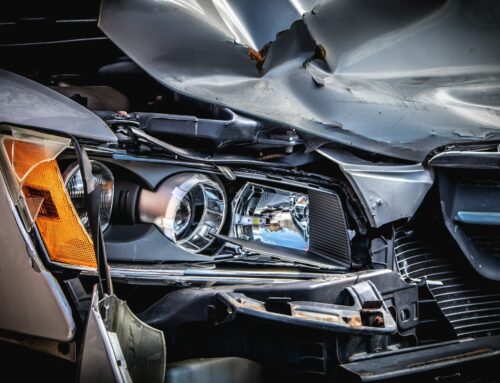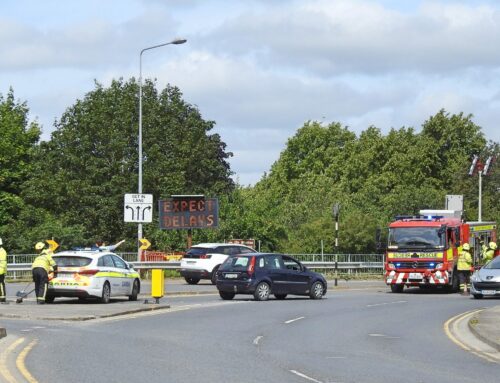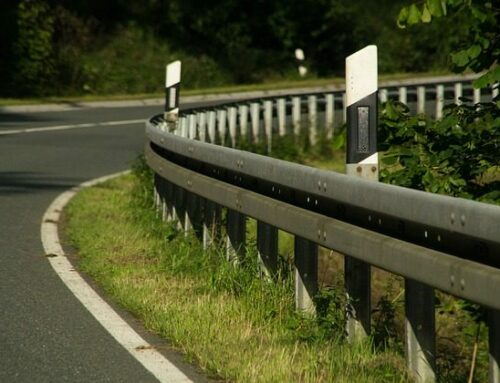We have recently settled a personal injury case for a lovely client who suffered serious injuries when she slipped and fell on a spillage at a supermarket aisle. We managed to recover compensation for her pain and suffering as well as her loss of earnings and out of pocket expenses.
Supermarket owners in Ireland have a clear legal obligation to ensure the safety of their premises for customers, employees, and visitors. These obligations arise from common law principles of negligence as well as various statutory provisions designed to enforce safe conditions in retail environments.
Key Legal Obligations of Supermarkets in Ireland
At the heart of a supermarket’s duty is the Occupiers’ Liability Act 1995, which mandates that occupiers (including supermarket owners) owe a duty of care to visitors, ensuring their premises are reasonably safe.
Under Section 3(2) of the Act, an occupier is required to take such care as is reasonable to ensure that a visitor does not suffer injury or damage by reason of any danger existing on the premises. This does not impose strict liability, but it does mean supermarkets must actively manage foreseeable risks, such as ensuring that floors are free from slipping hazards like spilled produce.
Statutory Regulations Affecting Supermarkets
- Occupiers’ Liability Act 1995 – Establishes the duty of care that supermarkets owe to lawful visitors.
- Safety, Health and Welfare at Work Act 2005 – Although primarily aimed at workplace safety, this act applies to supermarkets regarding staff training, floor maintenance, and hazard identification procedures.
- Sale of Goods and Supply of Services Act 1980 – While mainly dealing with consumer rights, this act reinforces the expectation that goods (including perishable items like fruit) should not be stored or presented in a manner that creates a hazard.
- European Communities (General Product Safety) Regulations 2004 – Imposes further obligations to ensure that premises and products do not pose unnecessary risks to consumer health and safety.
- Health and Safety Authority (HSA) Guidelines – These guidelines outline best practices for maintaining hazard-free retail environments, including the need for regular inspection protocols, warning signage, and staff training.
Case Law Interpretations of Supermarket Liability
Irish case law has reinforced the proactive duty required of supermarkets. Courts have often ruled against retailers when they fail to demonstrate an effective system of hazard identification and prevention. However, they have also dismissed claims where plaintiffs could not establish that the supermarket’s negligence was the primary cause of injury.
For example:
- In Byrne v. Ardenheath Company Ltd. t/a Superquinn [2016] IEHC 361, the High Court dismissed a claim where the plaintiff slipped on a grape, as evidence showed that the supermarket had an effective and regular cleaning system in place.
- In Whelan v. Dunnes Stores [2017] IECA 44, the court found Dunnes Stores liable because CCTV footage revealed a cleaning procedure that did not adequately prevent a slipping hazard.
Essential Evidence
What you should do immediately
- If at all possible you should take photographic evidence off the spillage or the item on the floor that caused you to slip and fall. Obviously your medical condition is of paramount concern and so you should immediately seek help and seek medical attention. However if you or your companion are in a position to take a photograph it can be very helpful if not invaluable in proving your claim.
- The earlier the claimant contacts their solicitor the better. A solicitor can write to the supermarket seeking confirmation that the CCTV will be preserved and if the supermarket is not willing to give that assurance then an application can be brought to the court to compel the preservation of the CCTV.
Discovery
Once a case is up and running it is open to the plaintiff solicitor to seek discovery of evidence and documents that might assist in proving the plaintiff’s claim the following is a list of what items we might seek
-
- Was there regular Inspections & Cleaning Logs – Demonstrating the lack of a routine cleaning schedule can be crucial in prosecuting these claims.
- Staff Training – Employees should be trained to identify and address hazards swiftly.
- Warning Signs – was there Immediate placement of warning signs when spills occur?
- CCTV Surveillance – Footage can serve as evidence that cleaning protocols were not followed.
- Incident Reporting Systems – these can reveal much needed evidence for the running of the Plaintiff’s case.
Conclusion
Supermarket liability in personal injury claims largely hinges on whether the retailer took reasonable steps to prevent foreseeable accidents. While the courts recognize that some incidents are unavoidable, supermarkets are expected to maintain strict protocols and documentation to prove that they exercised reasonable care.
Disclaimer
*In contentious business a Solicitor may not calculate fees or other charges as a percentage or proportion of any award or settlement
**This information is for guidance purposes only. It does not constitute legal or professional advice. Professional or legal advice should be obtained before taking or refraining from any action as a result of the contents of this publication. No liability is accepted by McElhinney & Associates for any action taken in reliance on the information contained herein. Any and all information is subject to change.
About the Authors
Jolene McElhinney, BBLS, Principal Solicitor
Jolene McElhinney is the founding principal of McElhinney & Associates, renowned for her expertise in employment law and personal injury claims across the North West of Ireland. With a distinguished academic background and over a decade of experience, Jolene is dedicated to providing personalised, expert support to her clients, ensuring they navigate the complexities of the legal landscape with confidence and clarity.













